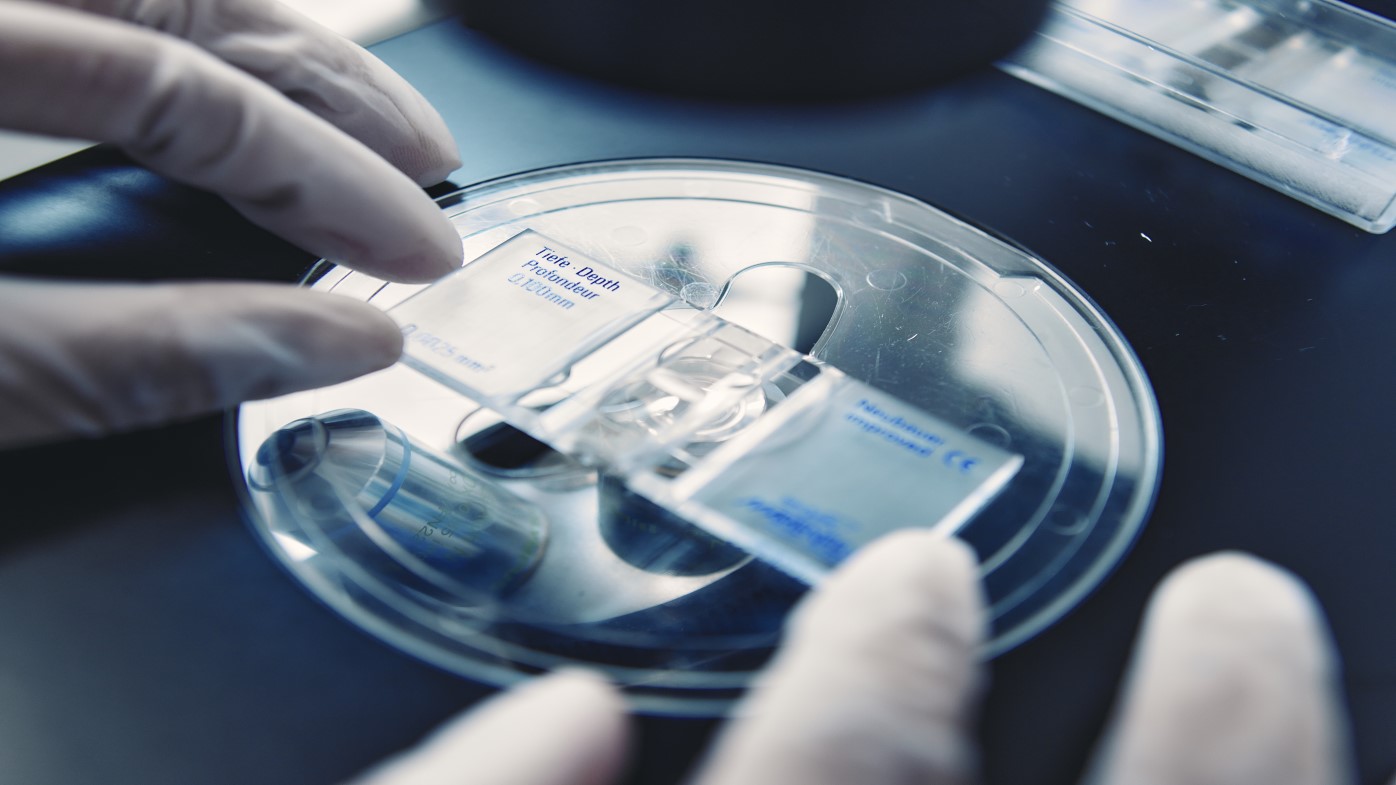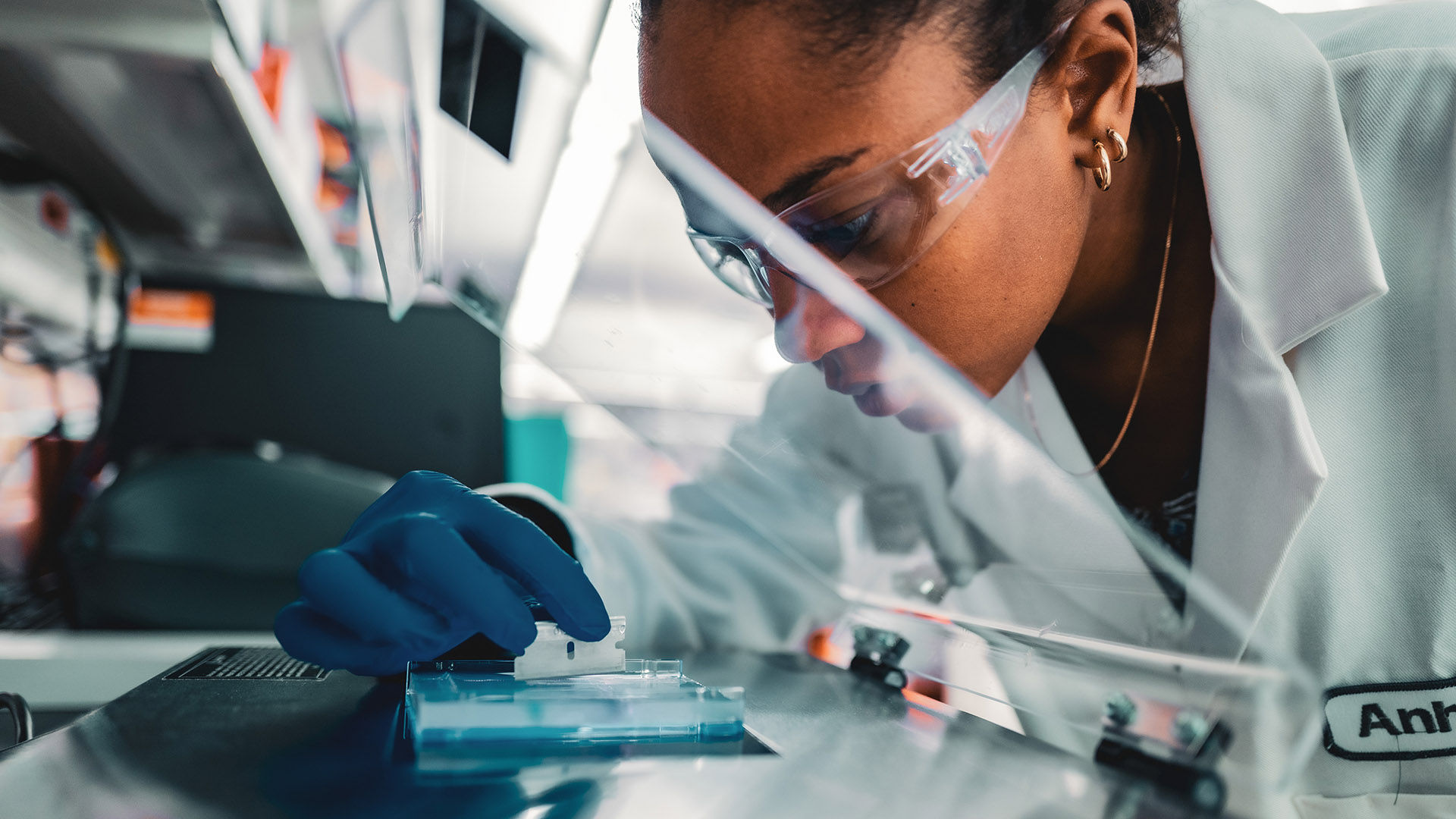Looking to the future, fighting cancer today
We are witnessing one of the most important times in the history of cancer research. After years of science advancing with incremental steps forward, we’re now crossing into an era where science has the potential to dramatically change the lives of those who have been given what might be life’s most devastating news – a cancer diagnosis. The face of cancer may shift from one of the most feared diseases humankind has faced to one of possible survivorship.
This week, I was honored to join in a conversation together with our guest Dr. Siddhartha Mukherjee, Pulitzer Prize-winning author of “The Emperor of All Maladies” and “The Gene: An Intimate History,” at the Fast Company Innovation Festival to discuss how Immuno-Oncology research may lead to advancements that change the way we view and treat cancer from both a personal and business perspective. I felt privileged to describe the great work of my many colleagues at Bristol Myers Squibb along with our shared commitment to helping patients and their battle with cancer.
We are at the forefront of research that may not only change the way we view cancer, but also accelerate our timeframe in search for new treatments. Keeping up with these advances means striking a balance between where we are today and where we would like to go as a company. Finding balance has enabled us to pursue promising assets and opportunities at greater speed, while remaining adaptable and flexible.
Bristol Myers Squibb has led the science of Immuno-Oncology, with the goal of delivering cancer treatments with meaningful, durable responses that may offer new hope to many patients. The speed of science has demanded that stakeholders across the healthcare continuum work together differently. New information must be translated and adopted quickly and we are actively evolving our organization to engage with all stakeholders – regulators, healthcare practitioners, policymakers, payers and patients.
In Dr. Mukherjee’s book, “The Emperor of All Maladies,” he asks the universal question “Is cancer’s end conceivable in the future? Is it possible to eradicate this disease from our bodies and societies forever?”
More than ever before, we look toward a future where a feasible, hopeful and realistic answer to this question is “yes.” We have focused our resources, our scientists and our efforts to continue to play an important role in advancing innovative treatments through research for a long time to come, while focusing on changing the lives of patients throughout the world today.


